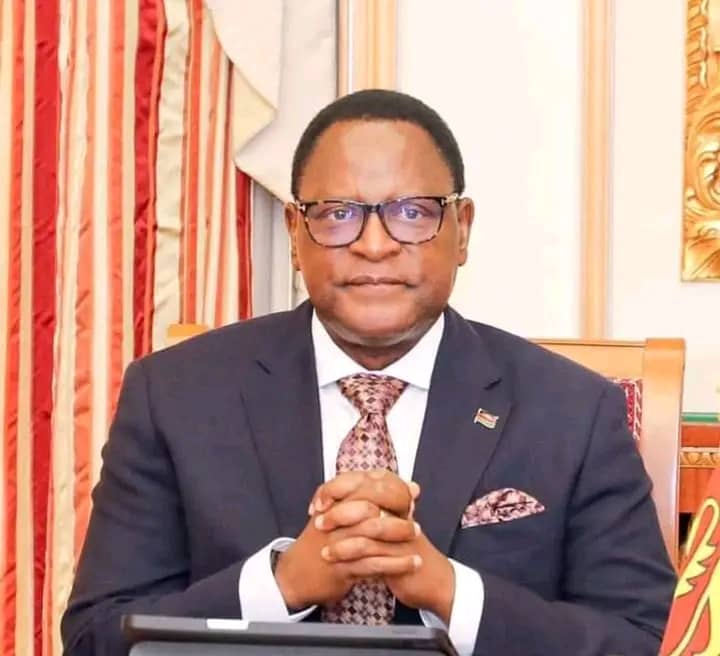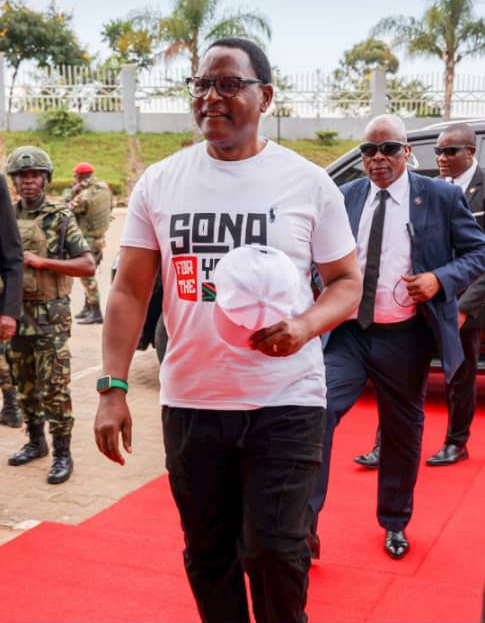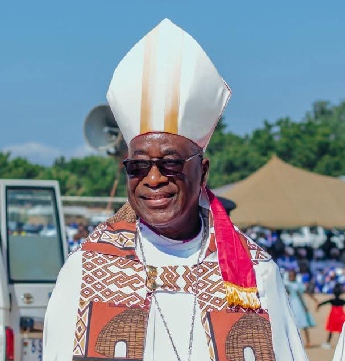By Twink Jones Gadama
In the dynamic world of politics, cabinet reshuffles are a common phenomenon, often reflecting the shifting tides of governance, public sentiment, and political strategy. The recent cabinet reshuffle by Malawi’s president, which saw the dismissal of two ministers and the introduction of three new faces, serves as a compelling case study in the intricate dance of political maneuvering. This analysis delves into the motivations behind such reshuffles, the implications for governance, and the broader context of Malawi’s political landscape.
Cabinet reshuffles are typically driven by a combination of factors, including the need to respond to public opinion, address internal party dynamics, and adapt to changing political circumstances. In Malawi, a country that has experienced its fair share of political turbulence, the president’s decision to reshuffle the cabinet can be seen as a strategic response to both internal and external pressures.
One of the primary motivations for a cabinet reshuffle is the need to respond to public sentiment. In a democratic society, elected officials are acutely aware of the importance of maintaining public support. If certain ministers are perceived as ineffective or unpopular, their removal can be a way for the president to signal responsiveness to the electorate. In Malawi, where issues such as corruption, economic challenges, and governance are at the forefront of public discourse, the president’s decision to fire two ministers may reflect a desire to distance his administration from any negative perceptions associated with their performance.
Moreover, reshuffles can serve as a tool for consolidating power within the ruling party. By appointing new faces to the cabinet, the president can reinforce loyalty among party members and demonstrate a commitment to fresh ideas and perspectives. This is particularly relevant in Malawi, where political alliances can be fluid, and the balance of power within the ruling party can shift rapidly. The introduction of new ministers may also be an attempt to appease factions within the party or to reward loyal supporters, thereby strengthening the president’s position.
Another critical aspect of cabinet reshuffles is the need to address governance challenges. In Malawi, the government faces a myriad of issues, including economic instability, high unemployment rates, and inadequate public services. The appointment of new ministers can be seen as an effort to inject new energy and ideas into the administration, particularly in key sectors such as finance, health, and education. By bringing in individuals with fresh perspectives and expertise, the president may be signaling a commitment to tackling these pressing challenges head-on.
The timing of the reshuffle is also significant. Political analysts often point out that reshuffles can be strategically timed to coincide with key events, such as elections or major policy initiatives. In Malawi, where the political landscape is often influenced by external factors such as international aid and donor relations, the president’s decision to reshuffle the cabinet may be aimed at demonstrating a renewed commitment to governance and reform. This can be particularly important in the context of securing foreign aid and investment, which are crucial for the country’s economic recovery.
Furthermore, the reshuffle may also be a response to internal party dynamics. In Malawi’s political landscape, where coalitions and alliances play a significant role, the president may need to navigate competing interests within the ruling party. By appointing new ministers, the president can signal a willingness to accommodate different factions and interests, thereby fostering a sense of unity within the party. This is particularly important in a country where political fragmentation can undermine governance and stability.
However, cabinet reshuffles are not without their risks. The removal of ministers can lead to instability within the government, particularly if the dismissed individuals were popular or held significant influence within their constituencies. In Malawi, where political loyalty is often tied to personal relationships and local networks, the president must carefully consider the potential backlash from constituents who may feel disenfranchised by the reshuffle. Additionally, the introduction of new ministers does not guarantee improved performance; the success of a reshuffle ultimately depends on the ability of the new appointees to navigate the complexities of governance and deliver results.
The implications of the recent cabinet reshuffle extend beyond the immediate political landscape. In a country like Malawi, where governance challenges are deeply intertwined with issues of corruption and accountability, the president’s decision to fire ministers can be seen as a step towards restoring public trust in government institutions. By holding individuals accountable for their performance, the president may be signaling a commitment to transparency and good governance, which are essential for fostering a positive political environment.
Moreover, the reshuffle can also have implications for the broader political culture in Malawi. In a context where political patronage and nepotism have historically undermined governance, the appointment of new ministers can be an opportunity to promote meritocracy and professionalism within the public service. By selecting individuals based on their qualifications and expertise rather than political connections, the president can help to cultivate a culture of accountability and performance within the government.
In conclusion, the recent cabinet reshuffle by Malawi’s president is a multifaceted decision that reflects the complexities of governance in a democratic society. Driven by a combination of public sentiment, internal party dynamics, and the need to address pressing governance challenges, the reshuffle serves as a strategic move in the ever-evolving political landscape of Malawi. While the removal of ministers may carry risks, it also presents an opportunity for the president to demonstrate a commitment to accountability, transparency, and effective governance. As Malawi continues to navigate its political challenges, the implications of this reshuffle will undoubtedly resonate throughout the country, shaping the future of its governance and political culture. The coming months will reveal whether the new appointments can deliver the change that the Malawian people seek, and whether the president’s strategic maneuvering will ultimately strengthen his administration or lead to further political turbulence.




